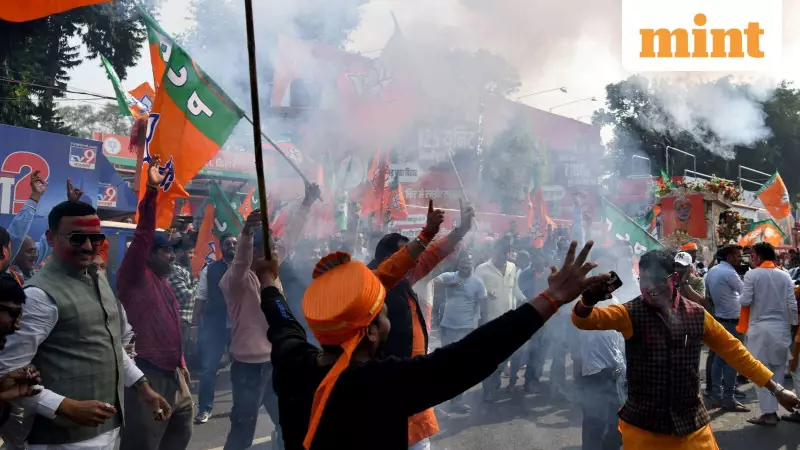
In an unprecedented event for Indian state politics, the 2025 Bihar Assembly elections have concluded without a single incident of voting-day violence or the need for re-polling in any constituency. This landmark achievement signals a dramatic shift from Bihar's historically turbulent electoral process.
A Stark Contrast to Bihar's Violent Past
For decades, Bihar's elections were synonymous with chaos and bloodshed. Official records paint a grim picture of the state's electoral history. The 1985 elections witnessed 63 fatalities in poll-related violence, necessitating re-polling at 156 booths. The situation deteriorated further in 1990, when 87 people lost their lives during the polls.
One of the most severe crises occurred in 1995, forcing the then Chief Election Commissioner T. N. Seshan to postpone the elections four separate times due to rampant violence and malpractice. Even in 2005, the electoral process was severely disrupted, with re-polling ordered in a staggering 660 booths following violent clashes. The peaceful conduct of the 2025 elections, devoid of such tragedies, represents a monumental departure from this troubled legacy.
NDA Surges Ahead in Vote Counting
As the counting of votes for the 243-member assembly continues, early trends show the ruling National Democratic Alliance (NDA) establishing a commanding lead. The alliance is ahead in more than 200 seats, positioning it for a decisive victory. Chief Minister Nitish Kumar, a key architect of the NDA's campaign, expressed confidence, stating, "Just a few hours of waiting, and the good-governance government will return." The Bharatiya Janata Party (BJP) is poised to emerge as the single-largest party within the coalition.
Opposition Response and Record Voter Turnout
The opposition Mahagathbandhan (MGB) coalition, which includes the Rashtriya Janata Dal (RJD) and the Congress, trails significantly in the early trends. Tejashwi Yadav, a prominent leader of the RJD, urged vigilance during the counting process, cautioning officials against any unfair practices.
Complementing the peaceful atmosphere was a robust voter turnout. The first phase of polling on November 6 saw 65.08% participation, while the second phase on November 11 recorded an even higher 68.76%. The first phase's turnout was a record-breaking 64.66%, the highest in Bihar's electoral history, indicating a deeply engaged electorate.
This election, concluded without violence or procedural hiccups, stands as a testament to significant electoral reforms and a new chapter for democracy in Bihar.






